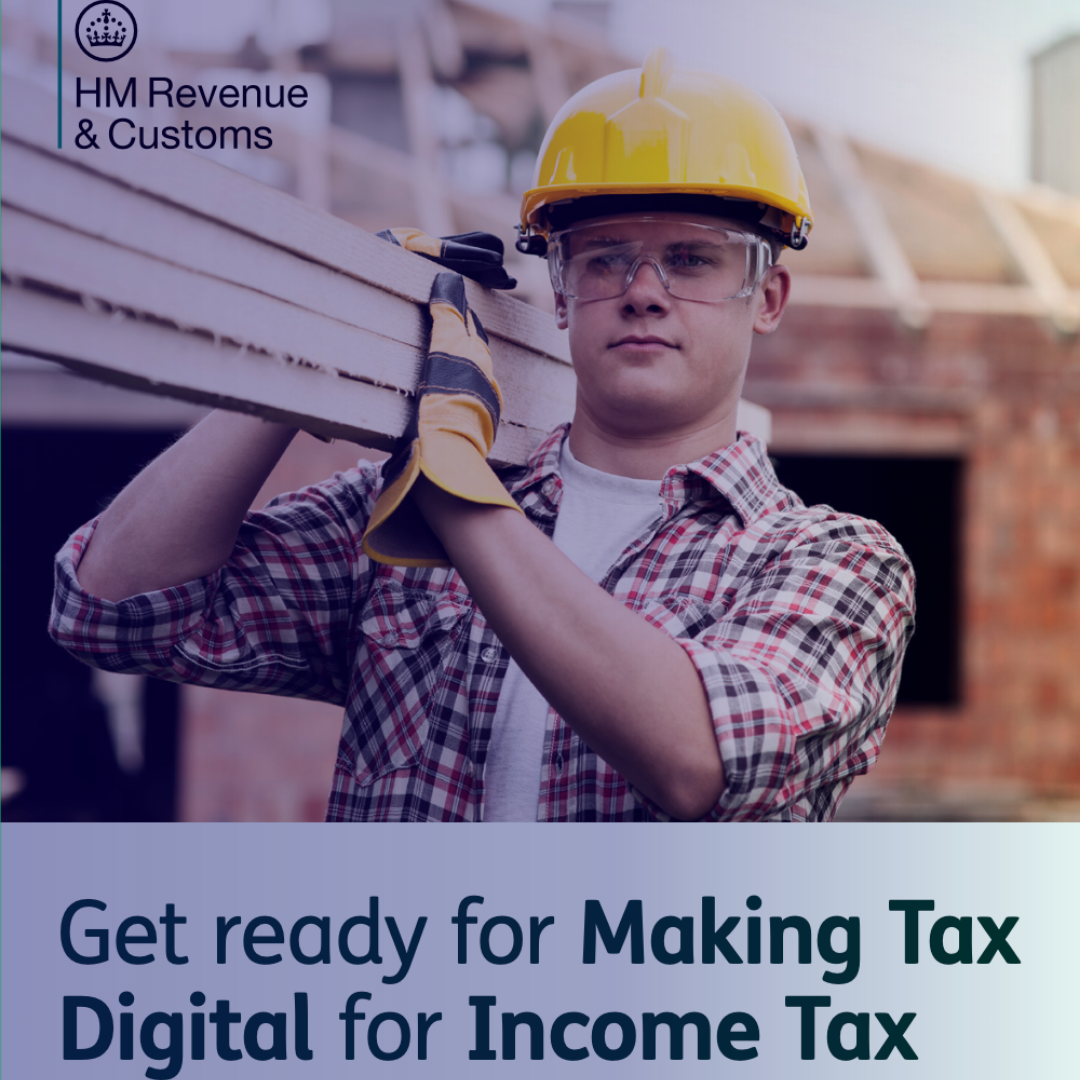MAKING TAX DIGITAL | FEBRUARY 2025 UPDATE
Making Tax Digital (MTD) Update: What’s Changed in 2025?
Since our last blog on Making Tax Digital (MTD), HMRC has implemented several key updates, impacting businesses, landlords, and self-employed individuals like yourselves. The initiative, aimed at streamlining tax reporting through digital record-keeping, has undergone important changes that affect compliance deadlines, software requirements, and administrative costs. Here’s what you need to know.
1. MTD for Income Tax Self Assessment (ITSA) – Delays & New Thresholds
Originally scheduled for April 2024, MTD for ITSA has been postponed. The new timeline is as follows:
April 2026: MTD for ITSA will become mandatory for self-employed individuals and landlords earning above £50,000 annually.
April 2027: The threshold will be lowered to £30,000.
Below £30,000: HMRC is still assessing the timeline and feasibility for smaller businesses and landlords.
These delays give you more time to prepare but also signal HMRC’s recognition of the challenges associated with this large-scale digital shift.
2. VAT Compliance – Full Mandation of MTD Software
Since 1 November 2022, all VAT-registered businesses, regardless of turnover, must use MTD-compatible software to file their VAT returns. This means:
The old online VAT return portal is no longer accessible.
Businesses must maintain digital records and submit VAT returns using HMRC-recognised software.
This aim of this is to reduce tax errors and improve efficiency, but it has also presented hurdles for smaller players adapting to new digital systems.
3. Rising Costs & Administrative Challenges
A recent report from the National Audit Office highlighted an increase in HMRC’s administrative costs, jumping 15% from 2019-20 to 2023-24, reaching £4.3 billion last year. The complexity of tax compliance, combined with ongoing digital transformations, has contributed to these rising costs.
For businesses, this means:
A growing need for professional accounting support.
Additional software expenses to comply with MTD.
Potential adjustments in tax planning and financial management strategies.
What This Means for You
With MTD gradually becoming a universal requirement, businesses, landlords, and self-employed individuals must take proactive steps to comply:
Adopt MTD-compatible software: Ensure your system supports digital record-keeping and online tax submissions.
Stay ahead of deadlines: If you’re above the £50,000 ITSA threshold, start preparing for the 2026 deadline now.
Seek professional advice: The increasing complexity of tax administration makes expert guidance invaluable.

